Asian Pacific American Heritage Month
May is Asian/Pacific American (APA) Heritage Month and CDEI is taking this occasion to highlight those who identify as Asian, Asian American, or Pacific Islander that have contributed to the rich history and ongoing accomplishments of the Woods Hole Oceanographic Institution. Though WHOI's relationship began with the exploitation of the indigenous peoples of Bikini Atoll, the last forty years have seen increased cooperation with indigenous Asian and Pacific Islanders and greater representation of A/P Americans in the lab, out at sea, and in our community. The individuals highlighted here tell the story and give visibility to those that have been traditionally marginalized or underrepresented in ocean sciences. The hope is that these profiles will encourage others of APA backgrounds to pursue opportunities in the field.
May was chosen as APA Heritage Month to commemorate the immigration of the first Japanese to the United States (May 7, 1843) and to mark the anniversary of the completion of the transcontinental railroad on (May 10, 1869) as the majority of the workers who laid the tracks were Chinese immigrants.
Administrative Staff
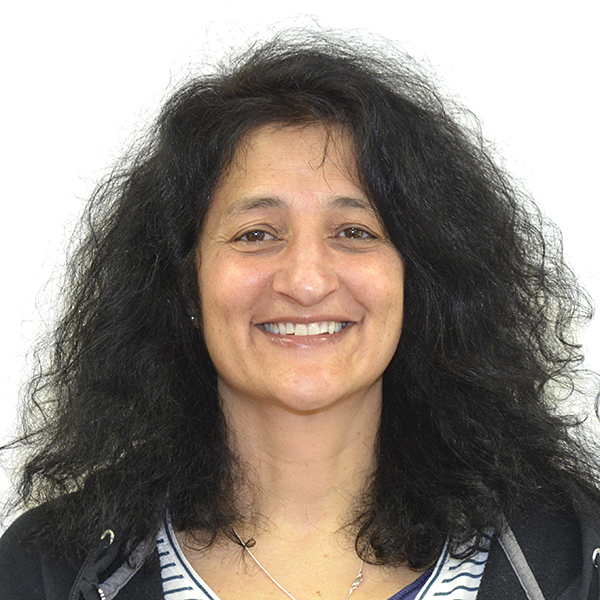
Dina Pandya - Info Systems Associate II
I am the Web Services Manager in the Communications Department. In this capacity, I help everyone at the Institution who is interested build their web presence. I have the privilege to work with scientists, engineers, the technical staff, postdocs, students, and administrators. I also update WHOI’s external and internal sites and build sites for major projects and initiatives at WHOI. More recently, I have been involved in helping raise awareness of WHOI and work on lead generation and fundraising campaigns where I build designed emails, popups, and landing pages.
I feel fortunate to be a member of the WHOI Community and have always been interested in making WHOI a better and more welcoming place to work. As such, after working at WHOI for nearly 20 years, I am currently the Chair of the Women’s Committee, co-chair of the Room Naming Working Group, and a member of the Workplace Climate Committee and Sustainability Task Force.
Technical Staff
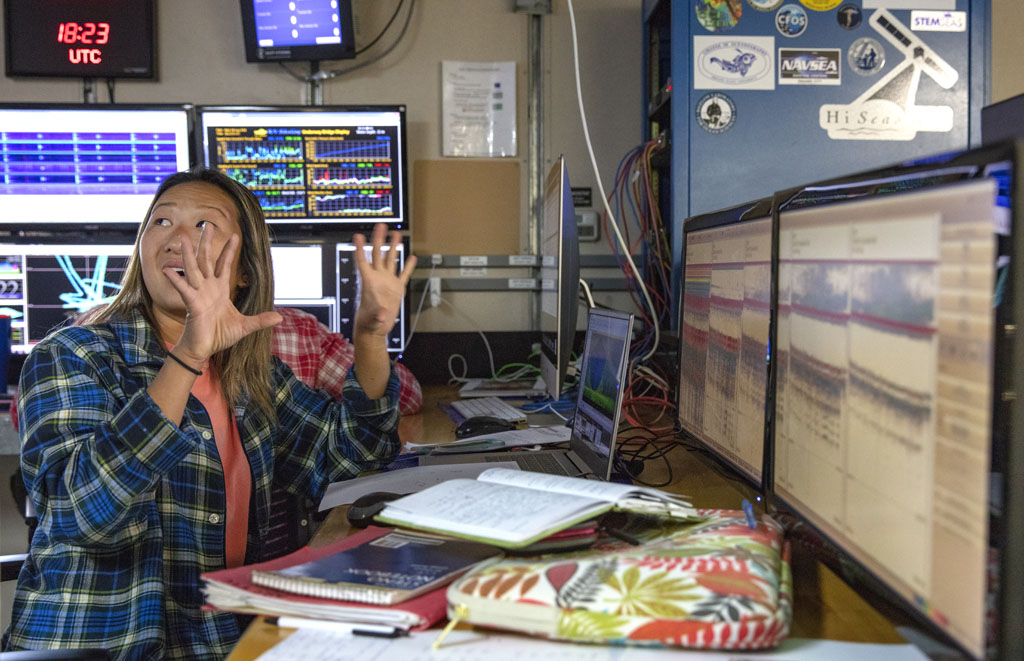
Jennifer Johnson - Research Associate II
I am in the field of ocean acoustics. My work ranges from acoustical oceanography using active sonar systems to map biology in the water column and bottom bathymetry, to passive listening of sound energy for extrapolating environmental properties. I am interested in the comprehensive acoustic characterization of rapidly changing marine environments and increasing our understanding of the mechanisms of sound propagation and scattering in the oceans. Through integration, optimization and advancement of acoustic technology and software, mitigation of intrusive, cumbersome and ineffective sampling may be achieved.
Sheri Neelam White - Senior Engineer
I work on the Ocean Observatories Initiative as a Systems Engineer who wears many hats – helping to manage instrumentation, data QA/QC, configuration management, and serving as Chief Scientist on deployment cruises. Our goal is provide long term physical, chemical, biological, and meteorological measurements from the coastal and global ocean to help enable scientists to better understand broad issues like climate variability, biogeochemical cycles, and ocean dynamics.
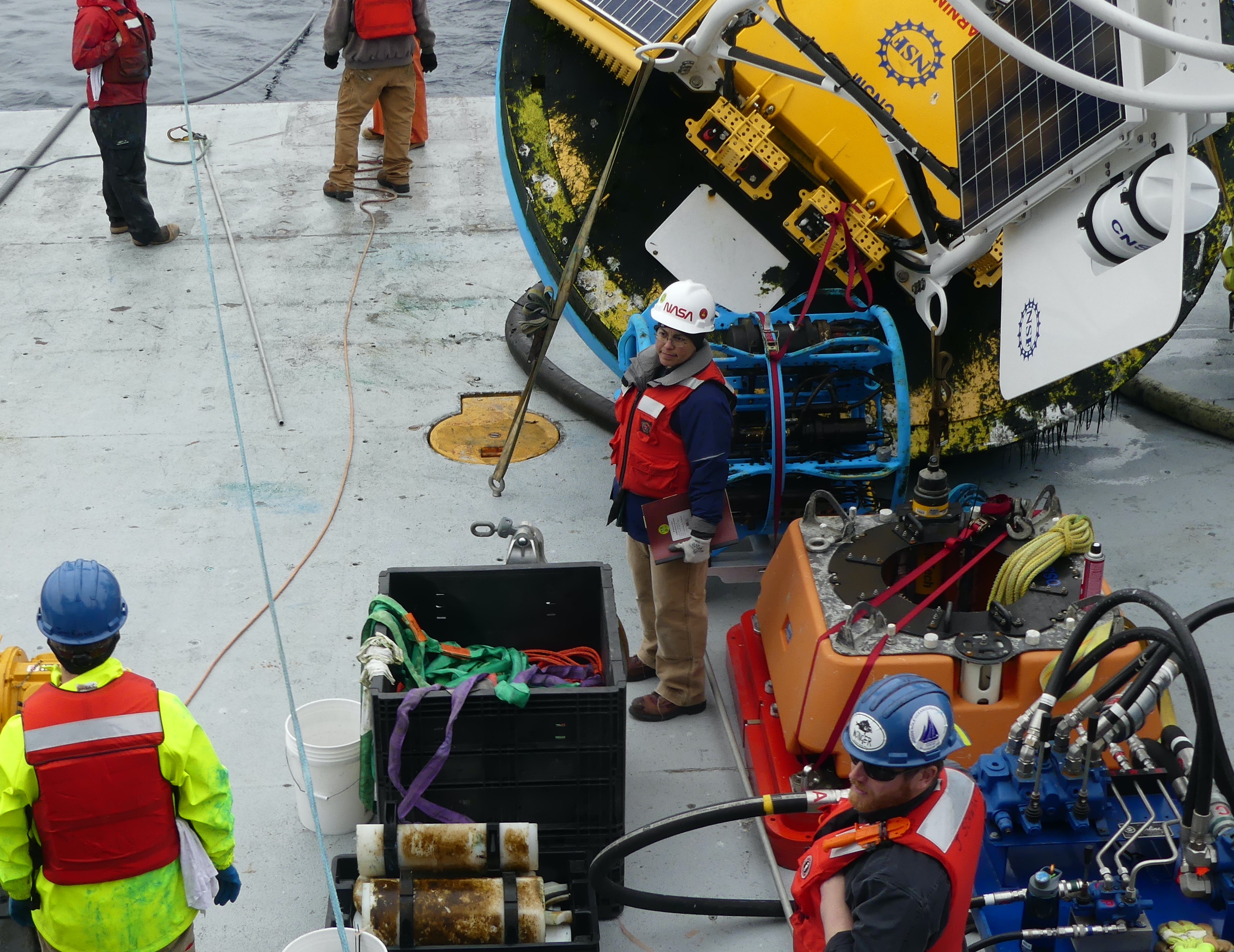
Students & Post-Docs

Zhuomin Chen - Postdoc Investigator
I work on the prediction of oceanographic conditions on the Northeast U.S. continental shelf (NES) on seasonal timescales and the impact of large-scale climate and basin-scale variability on the coastal ocean.
Adrian Mikhail Palaci Garcia - MIT-WHOI Joint Program Student, AOP&E
I study environmental fluid mechanics using field methods and numerical modelling. My current research project aims to understand the influence of topographic features on dispersion in estuaries. Through this research, I seek to gain insight into how future changes -- both natural and anthropogenic -- will ultimately affect the mixing and circulation patterns of salinity, sediment, and other scalars in estuaries.
More information here.
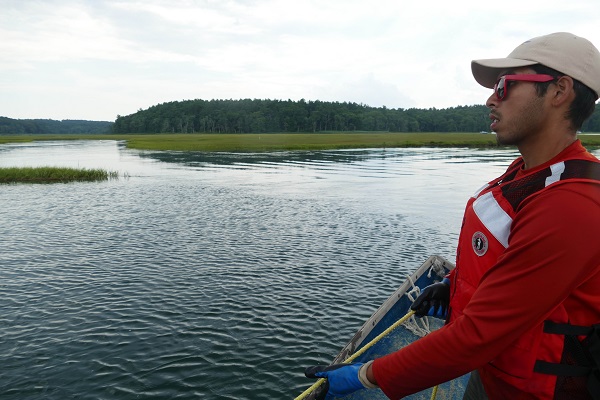
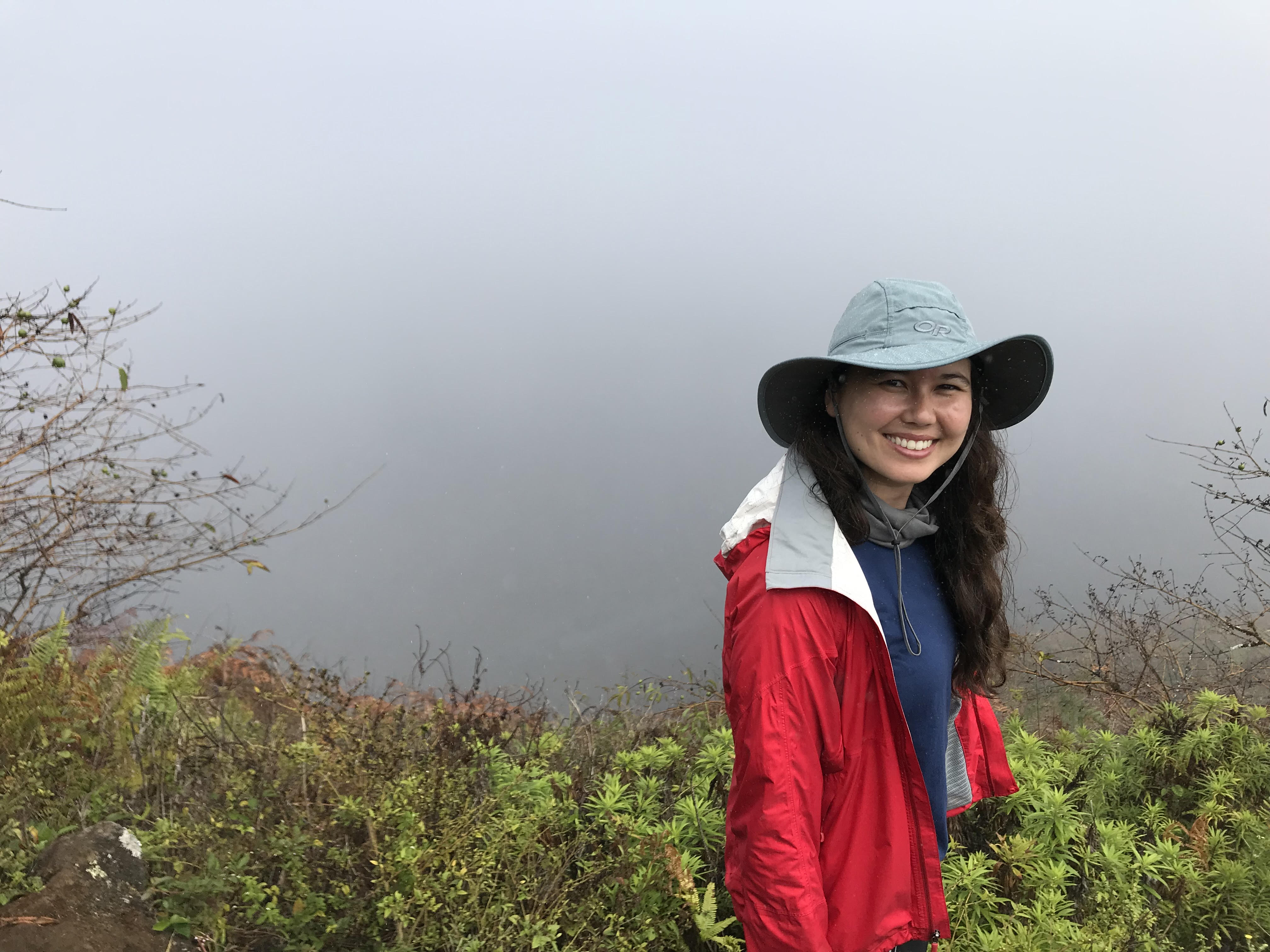
Sarah Hu - Postdoctoral Investigator
I am a microbial ecologist and biological oceanographer working to understand the community and metabolic diversity of microbial eukaryotes at deep-sea hydrothermal vents. I get to run experiments at sea and use a variety of molecular methods to untangle microbial interactions - this helps me address questions about the roles microorganisms play in marine food webs.
More information here.
Sheron Luk - MIT-WHOI Joint Program Student, MC&G
I’m Sheron Luk a 5th year PhD candidate in the Marine Chemistry and Geochemistry Department at WHOI. I study the biogeochemistry of salt marshes with Dr. Amanda Spivak to explore how the spatial heterogeneity of carbon burial within these ecosystems impact global salt marsh carbon storage estimates. My focus on coastal biogeochemistry stems from the fact that coastal ecosystems - a direct interface between the ocean and human populations - provide a wealth of ecosystem services to our communities.
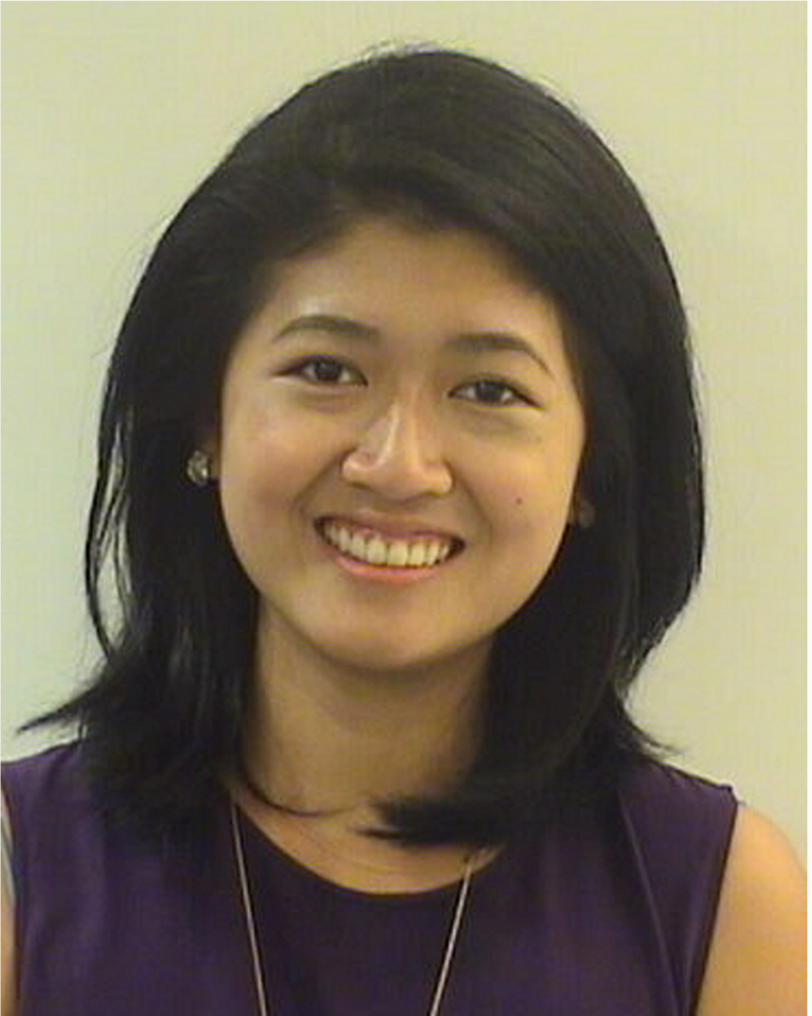
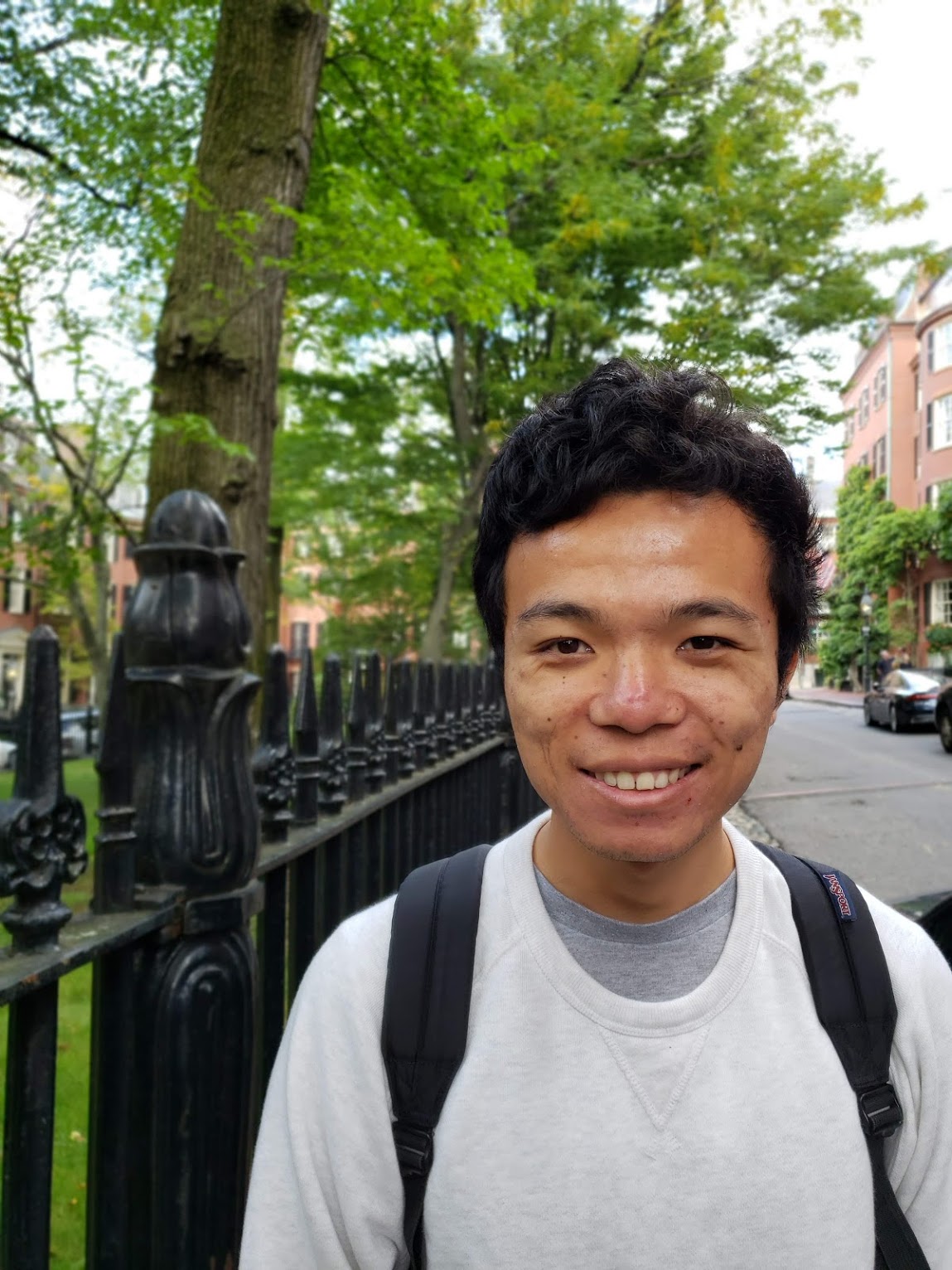
Shawn Wang - MIT-WHOI Joint Program Student, G&G
I study climate variability of the past and how the oceans modulate and respond to climate change using coupled climate models and proxy records. I am currently interested in how oceanic pathways in the Indo-Pacific influence the major climate modes of the Pacific (ENSO) and Indian (IOD) oceans. Previously I've studied how deglacial circulation changes influenced heat uptake in the North Atlantic and carbon storage in the Southern Ocean.
Scientific Staff
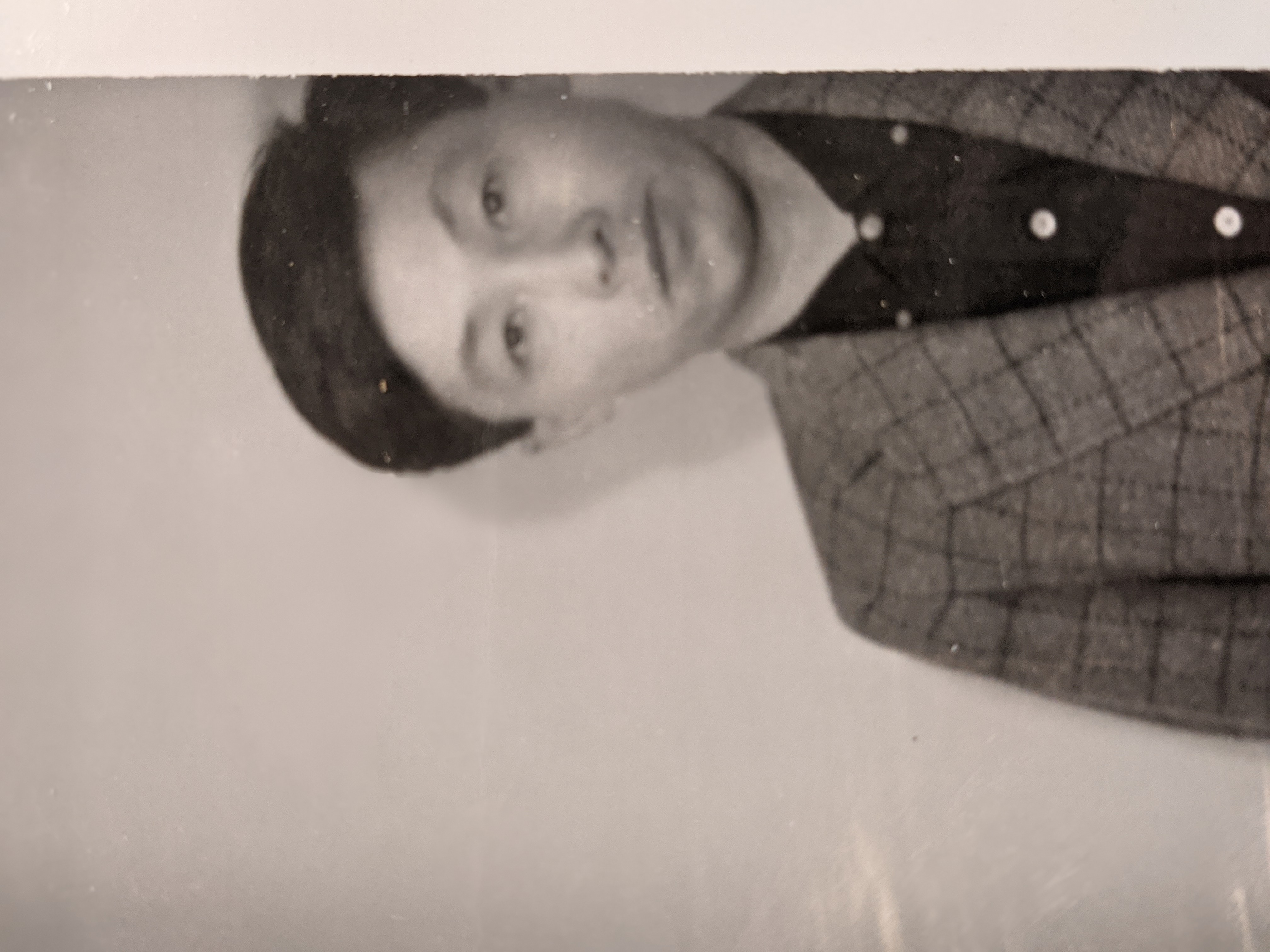
Masateru Anraku (1926-1998)
Masateru Anraku was born in Taipei and after achieving a Master of Agriculture degree in 1950 from Hokkaido University began teaching there in the Faculty of Fisheries. In 1959 an opportunity through the Rockefeller Foundation brought him to study the ecology of marine zooplankton with Dr. Mary Sears. When the yearlong Fellowship came to a close, Masateru joined the WHOI staff as a Research Assistant, continuing his work with marine copepods. While at WHOI, he successfully developed a new research front by adopting eco-physiological methods in measuring feeding and respiration of zooplankters. With the help of Sears’s editorial skills, Masateru published four papers during his brief time with WHOI.
Leaving his car with Mary Sears, Masateru Anraku returned to Japan with his growing family and joined the Fisheries Agency. With his research conducted at WHOI, Masateru was able to build the foundations for the present day aqua culture and sea-farming in Japan. Over the next 30 years, Masateru Anraku continued to contribute to his field with his research and guidance to young researchers.
Shu Ping Chu (1907-1976)
Shu Ping Chu is a world-renowned marine ecologist, marine chemist, plankton biologist, aquaculture scientist and educator, pioneer on experimental ecology of plankton in the world, founder and pioneer of marine ecology and marine chemistry and of aquaculture and limnology in China. In 1946 Chu was invited to WHOI by George Clarke as a senior research fellow and to direct the algae research occurring in the post-war years. Shu Ping was brought to the Institution’s attention by the “Chu No.10 Medium” as first published in his doctoral thesis for growing planktonic algae is a classic standard formula that is still widely used to date in the world. After his return to China, Shu Ping spearheaded the country’s aquaculture programs and founded the Yellow Sea Fisheries Research Institute (YSFRI), and served as the first President. Unfortunately, in his later years of scientific work Dr. Chu became seriously ill due to persecution and maltreatment during China’s Cultural Revolution.
Though Shu Ping Chu was only a WHOI Fellow for 1946, he contributed greatly to the science research here and abroad. Dr. Chu also participated culturally in the community, by sharing with WHOI staff the customs and traditions from China that they may not have otherwise been exposed to. During the “WHOI Follies,” a variety show put on by staff, Shu Ping demonstrated Chinese Shuttlecock – a game most of today would compare to hacky-sack and footbag. In the rare footage we have, Chu is seen giving a lesson to four young researchers.
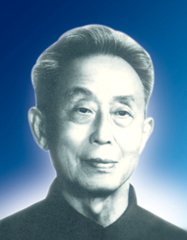
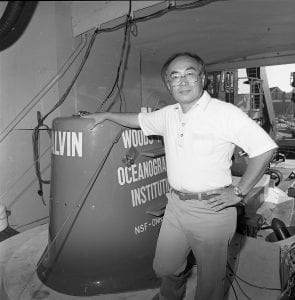
Susumu “Sus” Honjo (1933-2020)
Susumu Honjo was born in Japan and received his formal education at Hokkaido University and was one of the first post WWII Japanese Fulbright scholars to the US. His pioneering work as a scientist at Woods Hole Oceanographic Institution contributed to the understanding and observations of marine particle compositions and fluxes and of the oceanic biological pump.
Along with his pioneering research in biogeochemical particle flux studies, Honjo also led the development of several notable oceanographic instruments over four decades including the sediment trap, moored profiler, and ice-tethered Arctic environmental buoys.
Sus was a founder of the International Joint Global Ocean Flux Study (JGOFS) established in 1983 to understand the ocean carbon cycle and the next year accepted WHOI’s Columbus O’Donnell Iselin Chair for Excellence in Oceanography. Sus was also active in education and training programs, supervising many graduate students in the MIT/WHOI Joint Program in Oceanography and Applied Ocean Science and Engineering and postdoctoral investigators.
In 2003, Dr. Honjo was the recipient of one of Japan's highest honors, the Imperial Order of the Rising Sun. In 2019, he was the recipient of the first ever WHOI Distinguished Emeritus Award for his lifetime achievements.
E-an Zen (1928-2014)
E-an Zen was born in Peking (Beijing), China, in 1928 and emigrated to the United States following the end of World War II. That same year, 1946, E-an earned a scholarship to study at Cornell, where his life-long work in geology began. From Cornell it was off to Harvard and a 1955 Fellowship with the Woods Hole Oceanographic Institution. After earning his Ph. D., E-an was hired as a Research Associate at WHOI on a three-year project. Dr. Zen’s work centered on investigating sediments collected from the Peru-Chile Trench and on sedimentary phase petrology. This work challenged and overturned the prevailing thought at the time on the inert nature of clay minerals.
Dr. Zen’s career continued with the USGS for thirty years until his retirement in 1989. During retirement, he continued to engage in guiding the next generation of geo-scientists bt taking up a professorship at the University Maryland until 2007. His accomplishments in field of geology were recognized during his lifetime for contributions to not only science, but adding to the public understanding of geology. E-an Zen saw his role in life to be “more often lighting candles than cursing the darkness.”
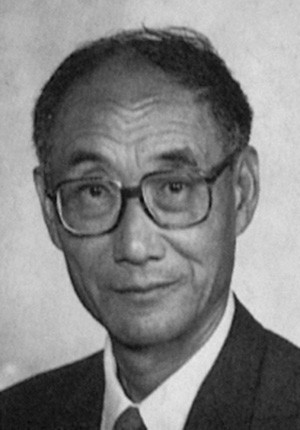
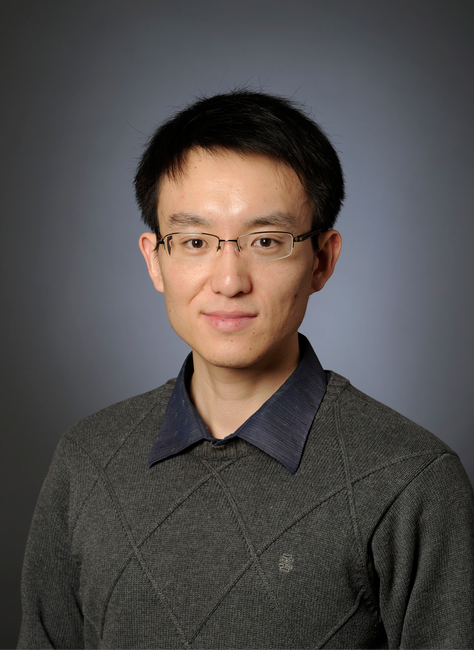
Ke Chen - Associate Scientist
I am interested in problems associated with coastal ocean and climate, including circulation dynamics, shelf-ocean exchanges, physical-biological interactions, and how these processes connect in the climate system, e.g., on extreme variability like Marine Heatwaves and long-term changes. I strive to use a balanced approach in my research and rely on both numerical modeling and observations. I am very interested in advancing the understanding of our ocean, one key component of the rapidly changing climate system, and helping develop solutions based on the scientific understanding.
More information here.
Rui Xin Huang - Scientist Emeritus
Rui Xin Huang’s primary research interest is large-scale oceanic circulation, including wind-driven gyres and thermohaline circulation. When he was in high school, his dream was to become an inventor like Edison. Through a long and winding road, he came to Woods Hole, and found oceanography an exciting field.
"Huang’s research has centered on theories and models of the oceanic circulation with a particular interest in thermocline and thermohaline circulation and their links to climate dynamics. He has solved many of the classical problems in ocean circulation that are crucial to understanding how the oceans control climate, and is working to correct many of the problems that exist in models of the climate system. He is considered a pioneer in the study of the theory of the wind-driven ocean thermocline, the layer separating the upper warmer ocean water from lower colder water. Huang was the first person to take existing, simple layer models of the thermocline and produce a useful, numerical version of the theory adequate to describe a realistic and continuous oceanic thermocline flow." This was taken from the article announcing his receipt of the W. Van Alan Clark Chair for Excellence in Oceanography.
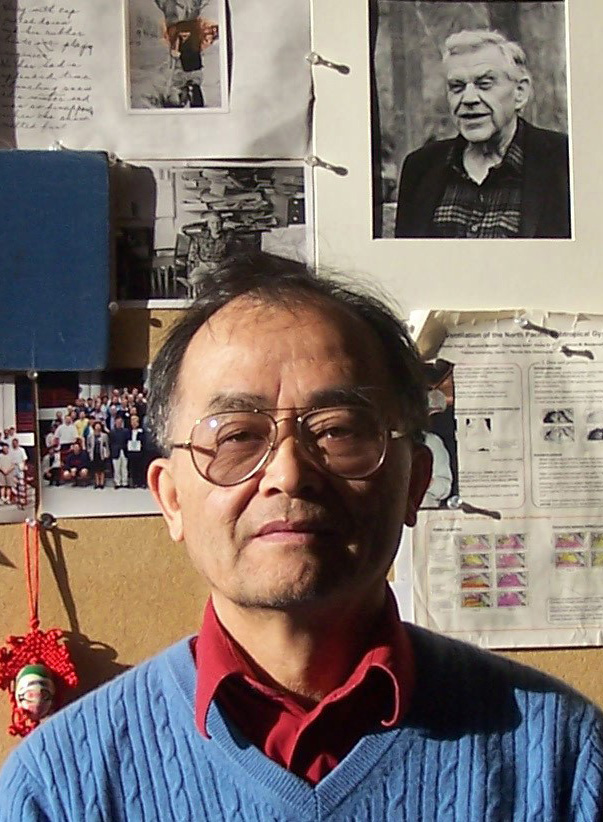
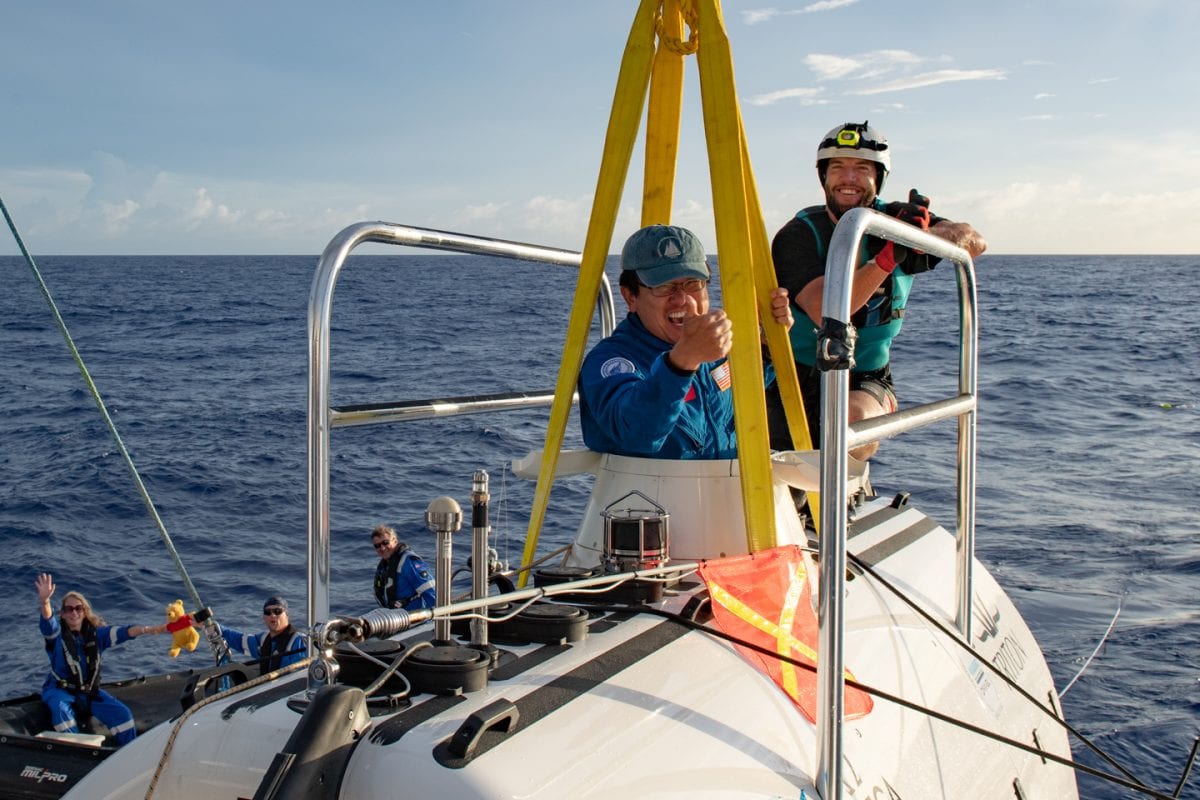
Ying-Tsong Lin - Associate Scientist with Tenure
Ying-Tsong Lin is an acoustic scientist who studies how sound propogates in the ocean. He is the 12th person in history, as well as the first Taiwanese-American and the first person of Asian descent to travel to the deepest part of the ocean, the Challenger Deep. Lin and pilot Victor Vescovo visited the central pool of the Mariana Trench, at a depth of 10.9 kilometers (6.8 miles) aboard the deep-submergence vehicle Limiting Factor.
Yaqin Liu - Assistant Scientist
I am an environmental economist focusing on marine resource sustainable development and conservation. I study coupled human-natural systems in coastal zones and oceans. My research involves modeling human behavior in utilizing marine resources with feedbacks from ecosystems.
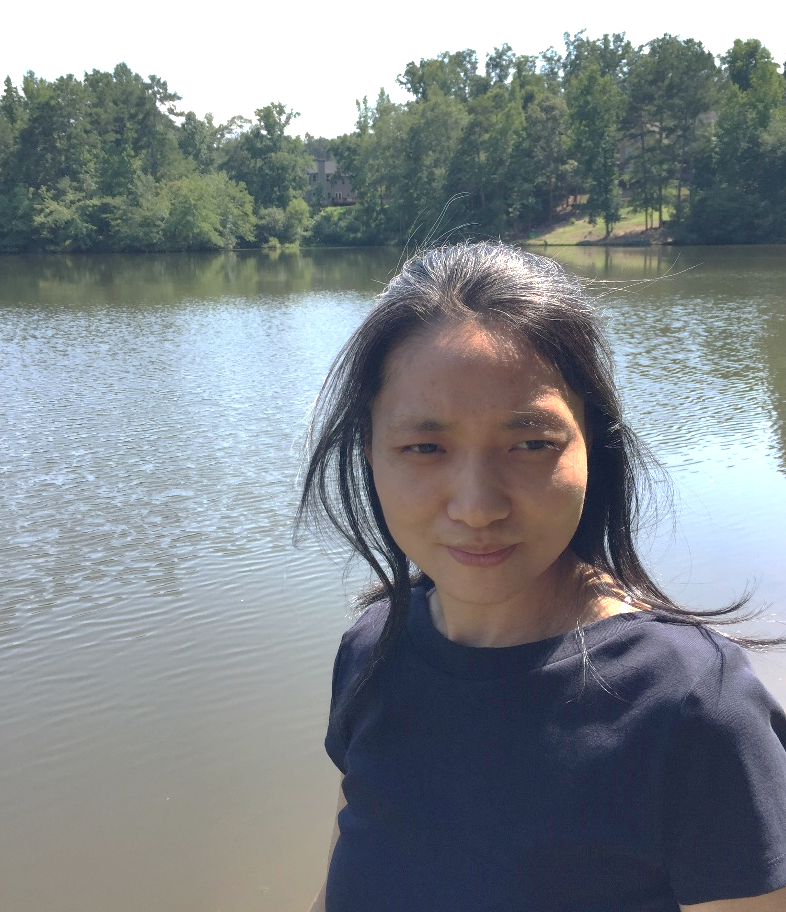
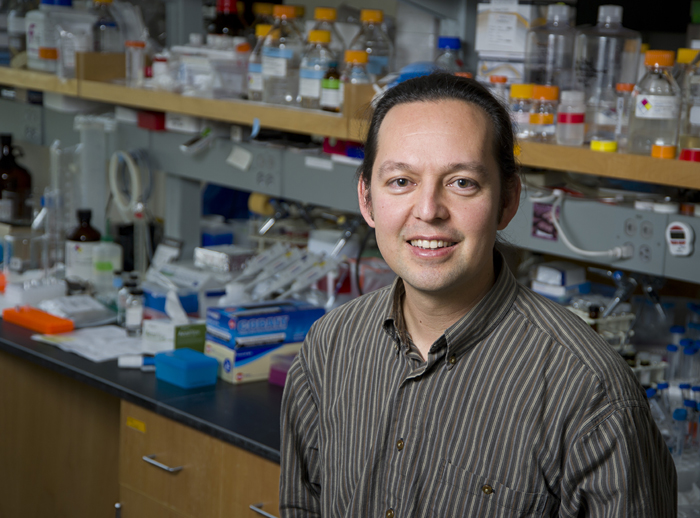
Makoto ("Mak") Saito - Senior Scientist
Mak is of mixed race identity, with a Japanese father from Hiroshima and a Scottish mother. He is a first generation US citizen, born and raised in Washington DC. Mak received his PhD from the MIT-WHOI Joint Program and joined the Marine Chemistry and Geochemistry faculty in 2003. His research involves the study of nutritional and toxic metal use in microbes by developing methods for protein measurements that can be applied to both global biogeochemical cycles and pathogens. Mak and his family also volunteer on Asian American health issues that have affected their family, particularly stomach cancer caused by the bacterium Helicobacter pylori that is more virulent in Asians and is often undiagnosed in Asian immigrants.
More information here.
Zhaohui Aleck Wang - Associate Scientist with Tenure
I am a seawater carbonate (CO2) chemist. My main research interests include the marine inorganic carbon cycle; ocean acidification and its impacts on marine biogeochemistry, biology, and fisheries; blue carbon and carbon exports from intertidal wetlands; and new sensor technologies for in situ measurements of CO2 parameters and other chemical species. I am particularly interested in applying new sensor technologies to resolve and study the CO2 system and inorganic carbon fluxes in highly dynamic environments such as coastal wetlands, coral reefs, and other coastal systems.
More information here.
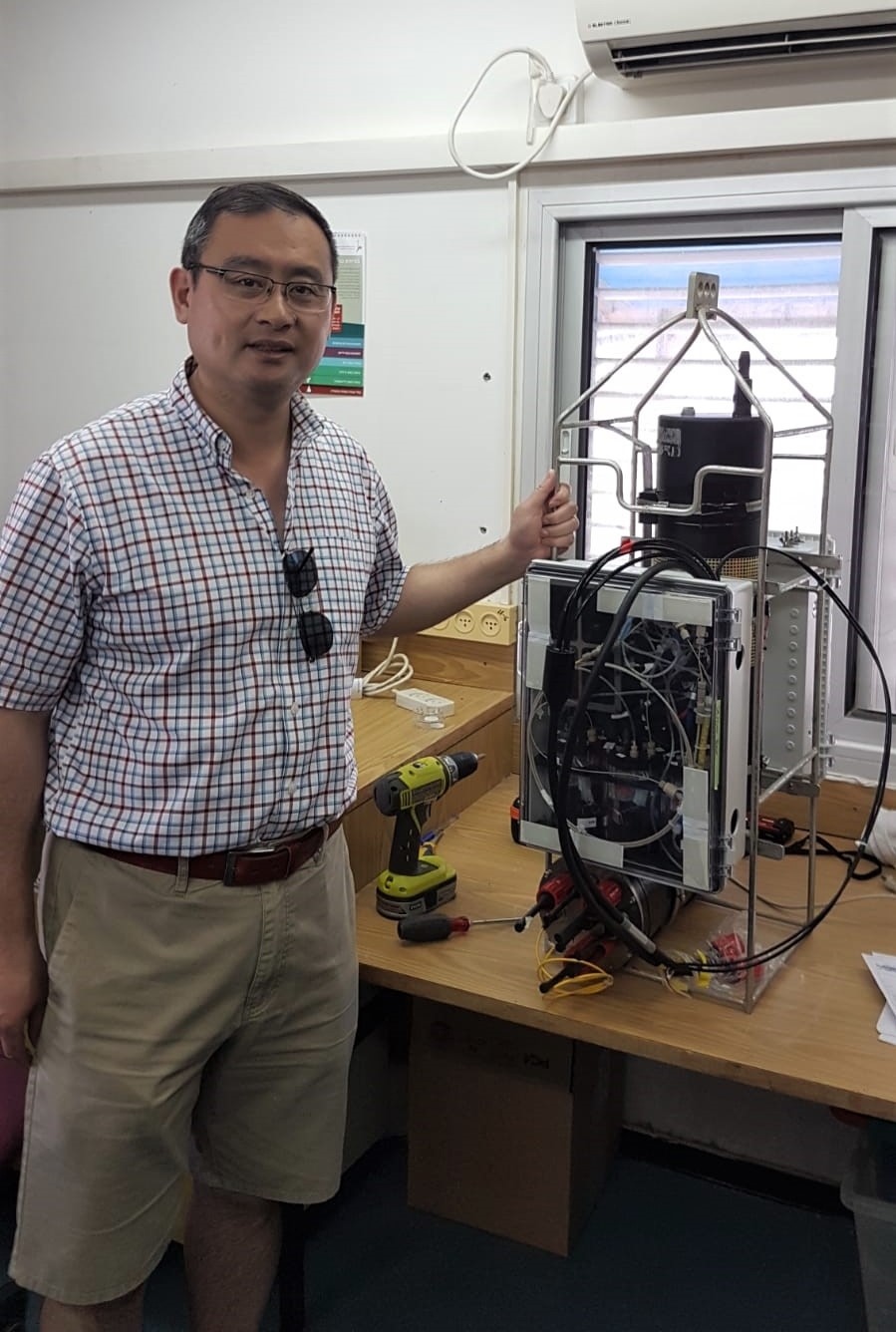
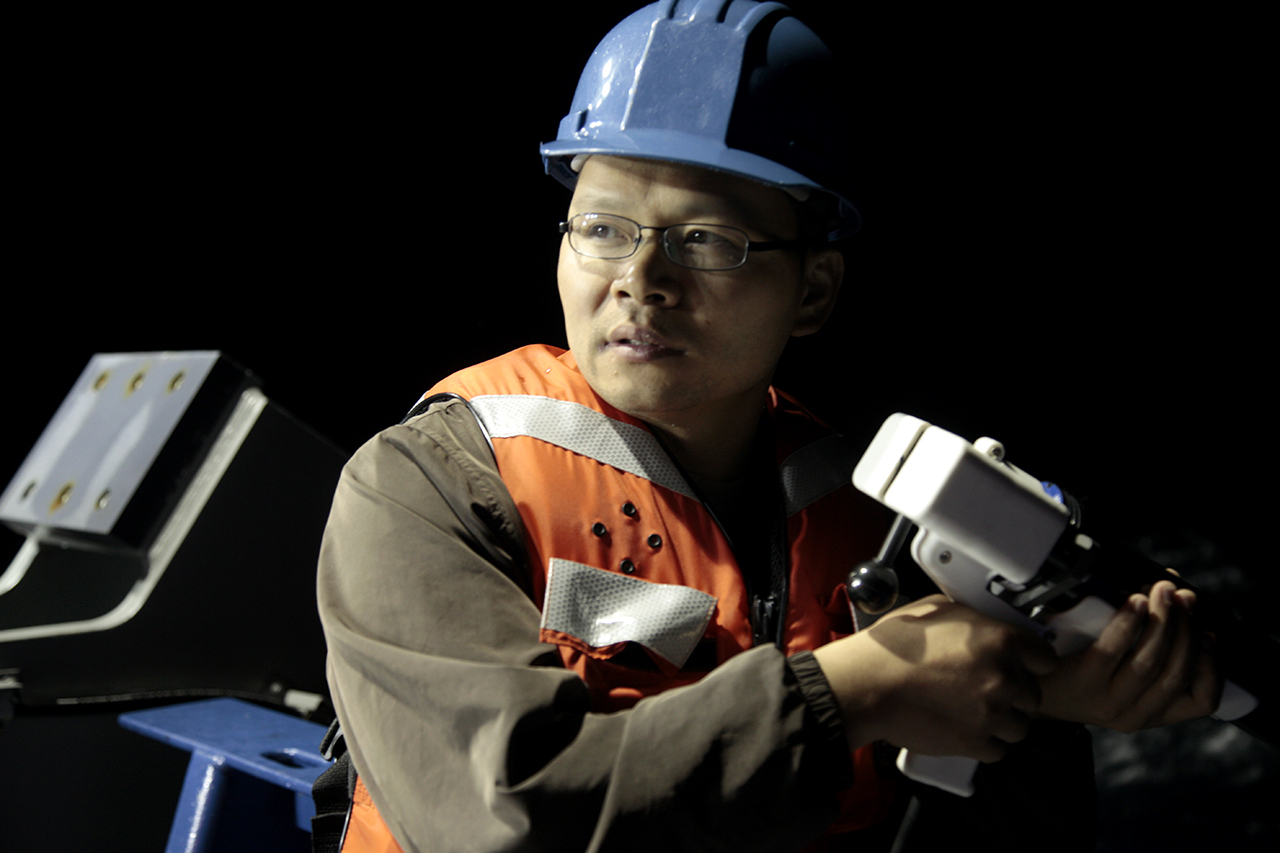
Weifeng (Gordon) Zhang - Associate Scientist
My research focuses on the dynamics and/or interactions of different physical processes in the ocean, such as river plumes, eddies, fronts, internal waves and seafloor topography. I am passionate about collaborating with scientists in other disciplines to study how the physical oceanographic processes affect biological, ice, sedimentary and acoustic processes in the ocean. Training and advising students is also a major component of my academic life.
More information here.
CDEI Working Groups
Sign up to help with one of our CDEI Working Groups. There are five CDEI Working Groups looking for volunteers for tasks both large and small. Learn more here. Inquiries from outside the Institution should be directed to the Information Office at information@whoi.edu or to the Human Resources Office at careers@whoi.edu.